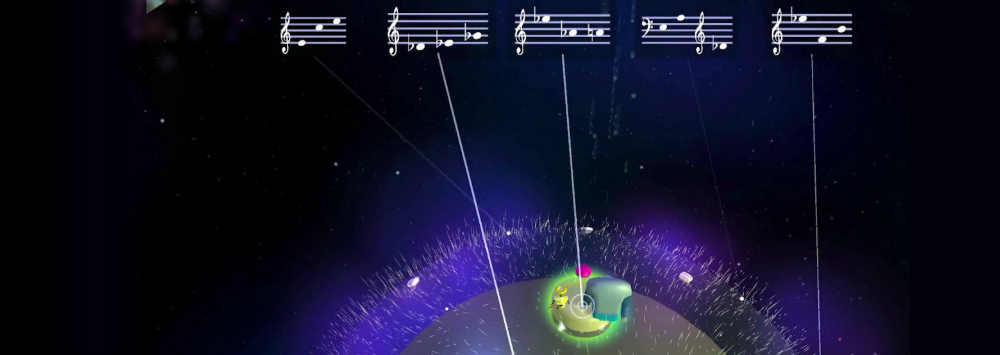This interdisciplinary programme is one of the first of its kind in the Russell Group, combining modules from Computer Science and the School of the Arts to deliver a holistic grounding in how games are made, why they’re made, and what they tell us about the world.
Combine with another subject
Game Design can also be studied as a 25% or 50% component (Game Design Studies) through the University’s Combined Degrees scheme. It can be studied in the following combinations:
| 25% - Game Design Studies as a Minor Subject | UCAS code |
|---|---|
| Communication and Media with Game Design Studies | I611 |
| English with Game Design Studies | I612 |
| Music with Game Design Studies | I615 |
| Music Technology with Game Design Studies | I616 |
| Philosophy with Game Design Studies | I617 |
| Popular Music with Game Design Studies | I618 |
| 50% - Game Design Studies as a Joint Subject | UCAS code |
|---|---|
| Communication and Media and Game Design Studies | I619 |
| English and Game Design Studies | I620 |
| English Language and Game Design Studies | I621 |
| English Literature and Game Design Studies | I622 |
| Music and Game Design Studies | I623 |
| Music Technology and Game Design Studies | I624 |
| Philosophy and Game Design Studies | I625 |
| Popular Music and Game Design Studies | I626 |
Facilities
The School of the Arts offers facilities to support both the theoretical and technical study of game design. These facilities include:
- A games research lab – a dedicated space for students to research video games, featuring several platforms (e.g. Playstation 4 with PSVR, Playstation 3, Xbox One, Xbox 360, Nintendo Wii), an Alienware Gaming PC, two Mac Workstations, and a diverse library of titles.
- iMac suites – the workstations in these suites have a range of game-related software, including Unity (game engine), FMOD (middleware for game sound and music), and Blender (modelling and animation).
- The Electronic Music Research Studio – a fully sound-proofed and treated studio for surround sound mixing, electronic music composition and sound design research.

Digital games represent one of the fastest growing forms of entertainment media. Consequently, there is a growing need for many jobs that are not only in the games industry, but in surrounding industries as well. This programme develops a wide range of skills that prepare students for employment at various entry points in the job market, including content creation, publishing, journalism, and marketing.
Dr Paul Turowski, Subject Component Leader
Back to: School of the Arts
